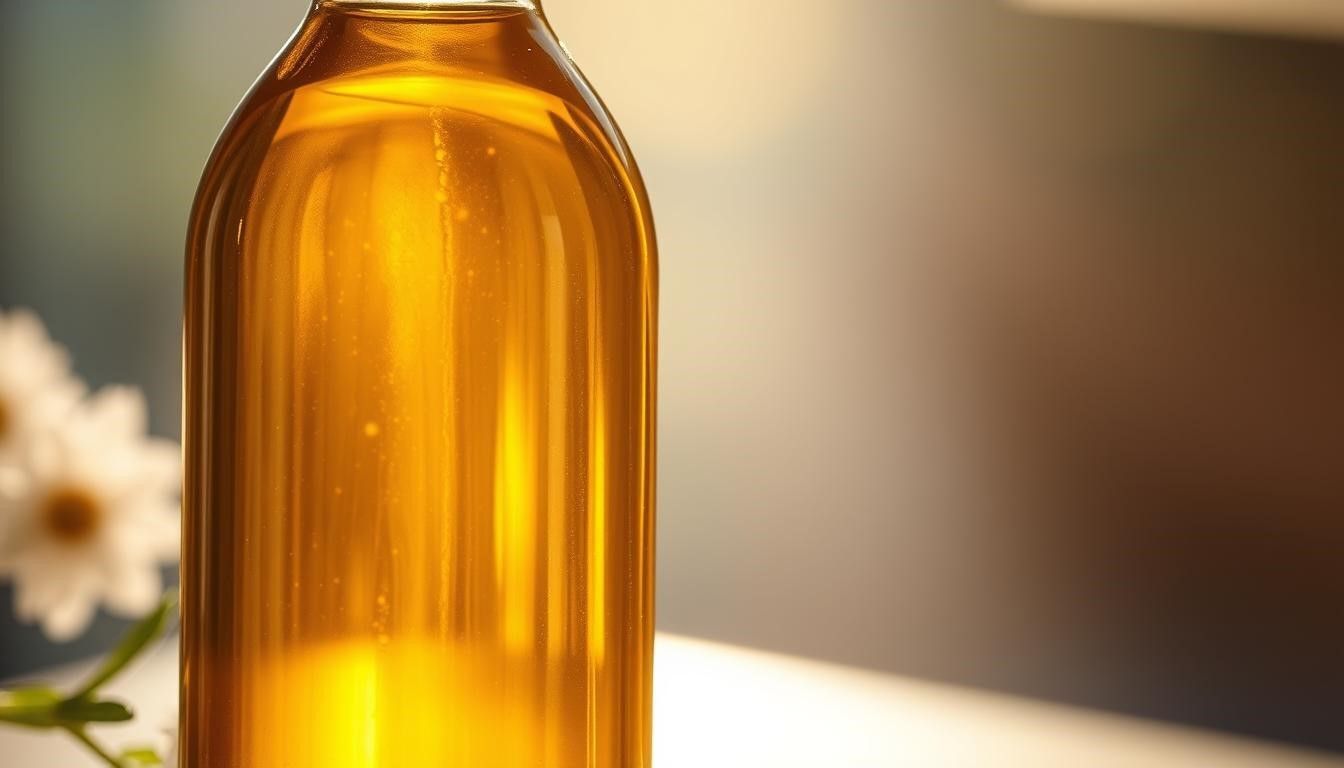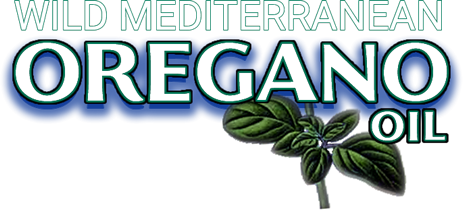Oregano Oil is an Effective Remedy

Oregano Oil is an effective remedy that should be in everyone’s medicine cupboard. The active ingredients in Oregano Oil are Carvacrol, Thymol, Terpenes, and Rosmarinic Acid. Carvacrol is very effective against E-coli, Salmonella, Listeria, and Candida Albicans.
Oregano Oil is an Effective RemedyAuthor Cass Ingram writes about Oregano Oil in his book, The Cure is in the Cupboard. “Wild oregano is the premier natural antiseptic. It possesses vast microbial-killing powers. Every microbe against which it is tested succumbs to it. The medicinal oregano is different from the type usually found in the garden. It is also different than the commercial spice, which is often only a small percentage of true oregano!” According to research (Georgetown University 2004), it even destroys antibiotic-resistant super-germs. Plus, there is no evidence of bacterial resistance, a property unheard of in today’s pharmaceuticals.
In 1966, a study published in Medical Science Research found that Oil of Oregano destroyed viruses. RNA and DNA viruses – including the types that cause shingles, cold sores, and genital herpes – were obliterated when exposed to the oil. Apparently, Oil of Oregano shattered the viruses’ outer coatings. Other studies on bacteria indicate that potent phenols of Oil of Oregano are responsible for this viral cell-wall disintegration. And yet, the oil is harmless to human cells.
Oregano Oil may be used regularly, just remember to drink plenty of pure water when taking it to flush out toxins left from dead pathogens. You can divide your body weight in half as a rule of thumb, and drink that many ounces of water each day to promote good health. For example, if you weigh 180 lbs, drink 90 ounces (about 11 cups) of water throughout the day.
Oil of Oregano is a potent lymphatic tonic, increasing lymph flow, whether used topically or internally. The cleansing power of spice extracts is capable of destroying noxious cells, including viruses, parasites, bacteria, and fungi. Oxidation destroys noxious germs and potential cancer cells. Greek investigators, published in the Journal of Agriculture and Food Chemistry, determined that oil of wild oregano even destroyed human cancer cells. While spices may oxidize or destroy pathogens, amazingly, they also act as antioxidants for human cells, specifically for the fats of the human cell membranes.
Spice extracts stimulate metabolism, which enhances lymph flow. The lymph vessels/organs serve to gather and eliminate a wide range of harmful agents, including noxious germs, cancer cells, toxic chemicals, and harmful proteins. The liver is a type of lymphatic organ.
Even Viruses are not immune to the oil’s germicidal action. In 1966, a study published in Medical Science Research found that Oil of Oregano destroyed viruses. RNA and DNA viruses – including the types that cause shingles, cold sores, and genital herpes – were obliterated when exposed to the oil. Apparently, Oil of Oregano shattered the viruses’ outer coatings. Other studies on bacteria indicate that potent phenols of Oil of Oregano are responsible for this viral cell-wall disintegration. And yet, the oil is harmless to human cells.
Here is an excerpt from an article written by Health Journalist, Bill Sardi, titled, “Oil of Oregano Rivals Modern Antibiotic Drugs.” “The growing problem of antibiotic resistance has health authorities concerned. Already various germs are showing resistance to vancomycin, particularly to intestinal bacteria (Enterococcal species) among hospitalized patients. [Southern Medical Journal, Volume 94, August 2001] Vancomycin is considered to be the most potent antibiotic available and is withheld from use as a drug of last resort. Vancomycin costs about $16 per pill versus about $1 for the purest-strength oregano oil. Drug resistance does not develop against naturally-occurring antibiotics such as garlic and oil of oregano.”
Oregano Oil is an effective remedy that should be in your medicine cupboard.



